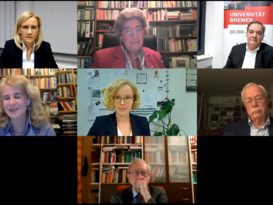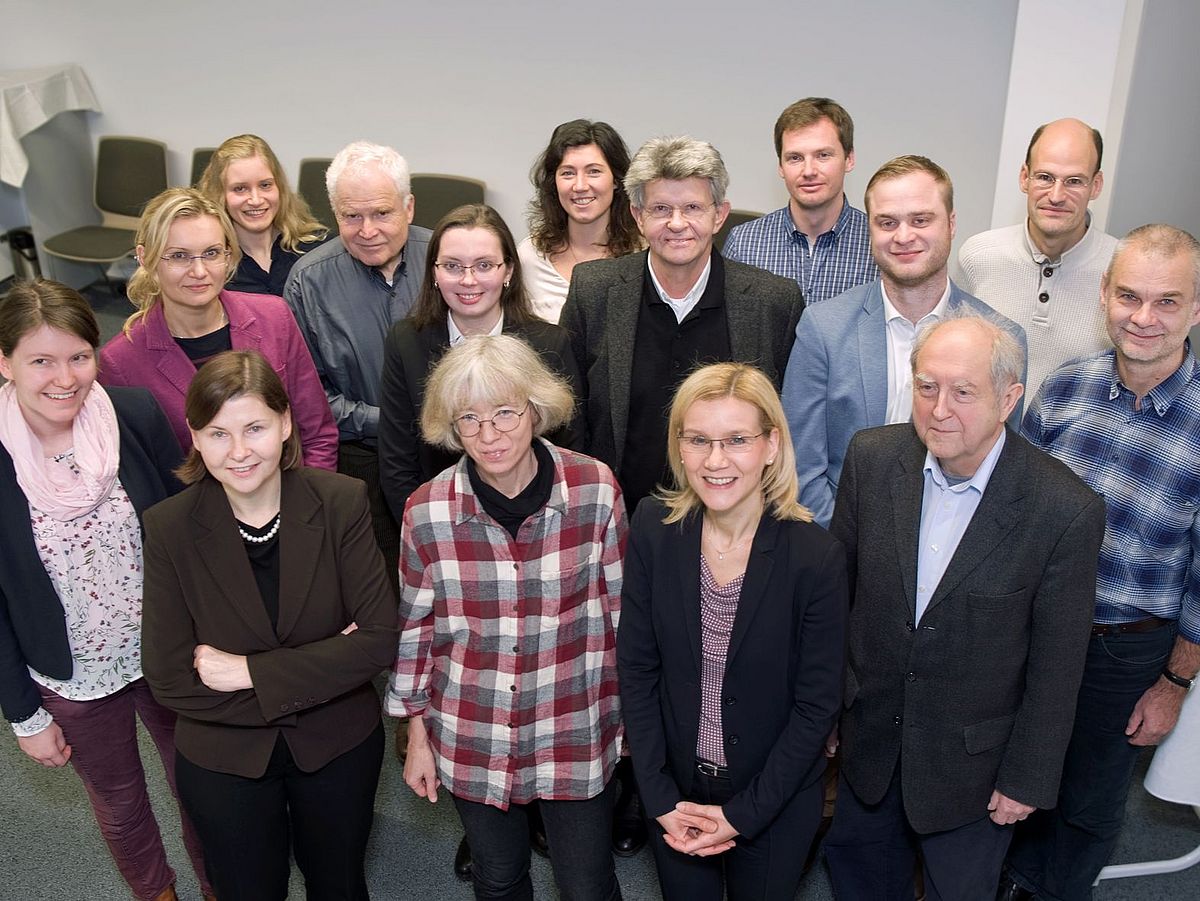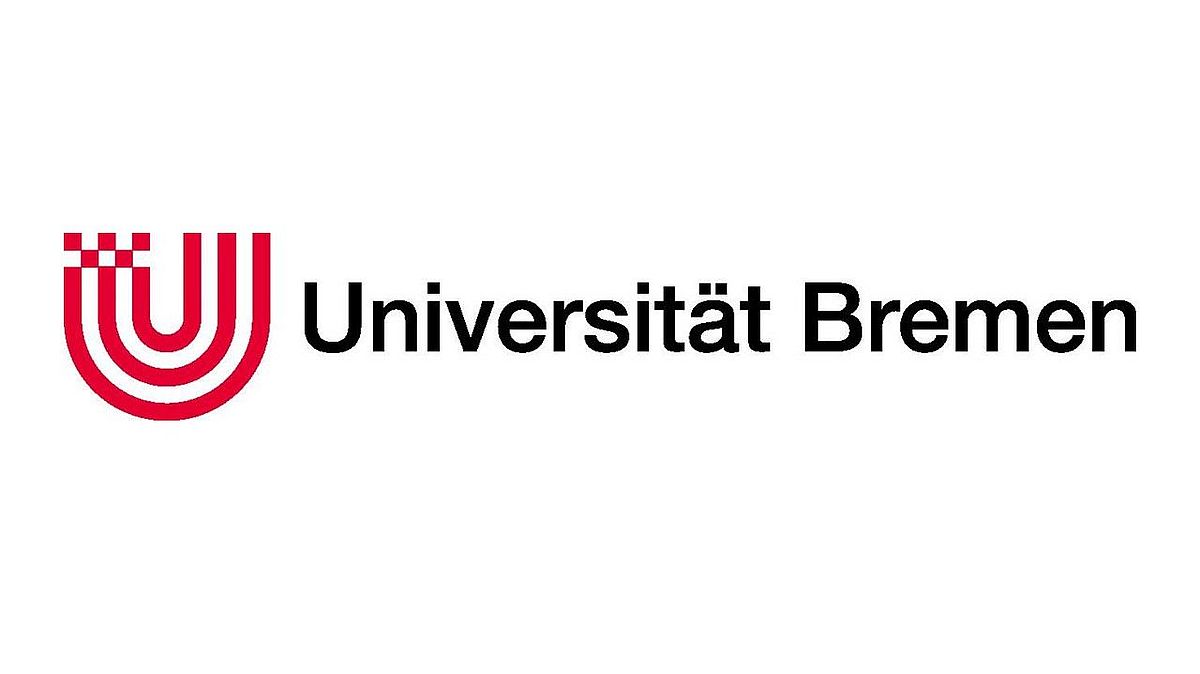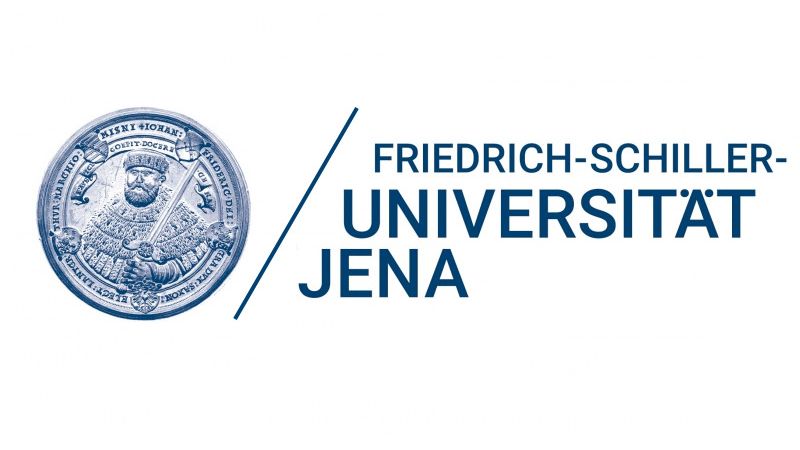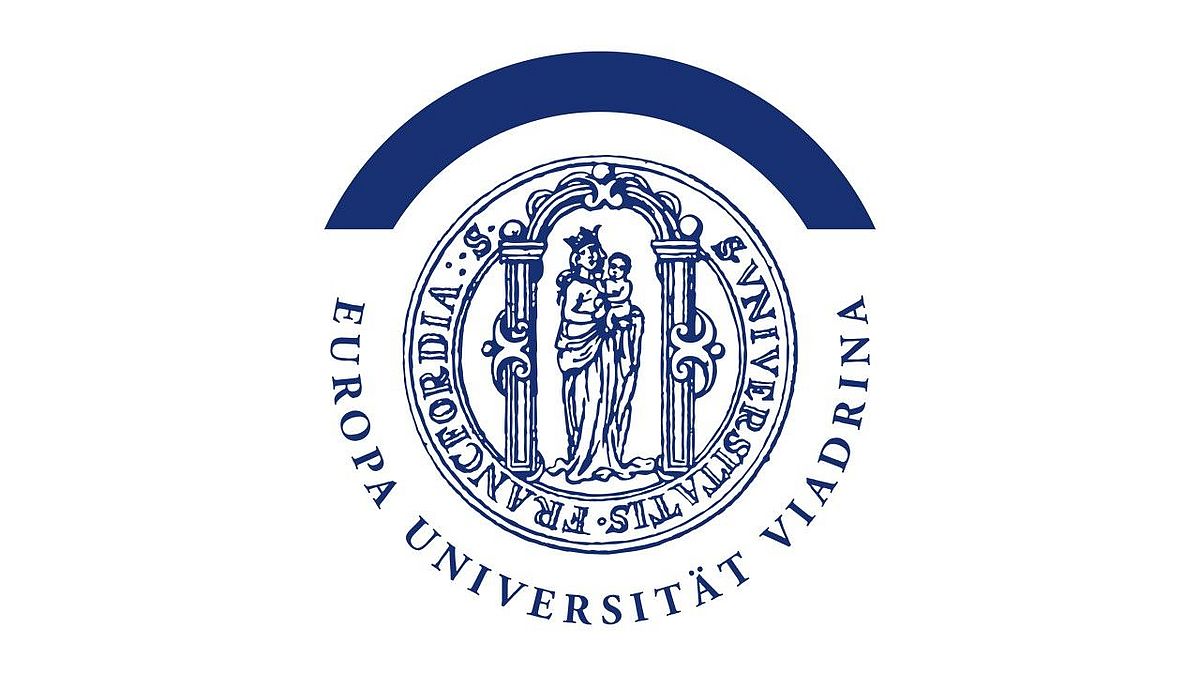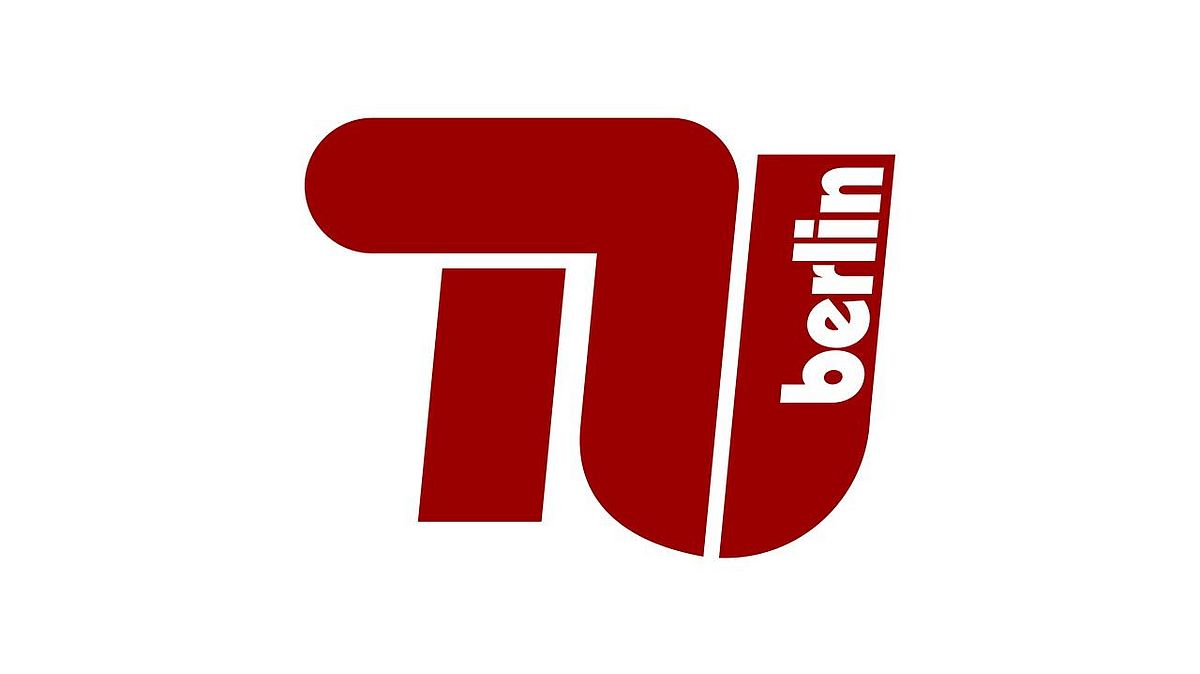Events
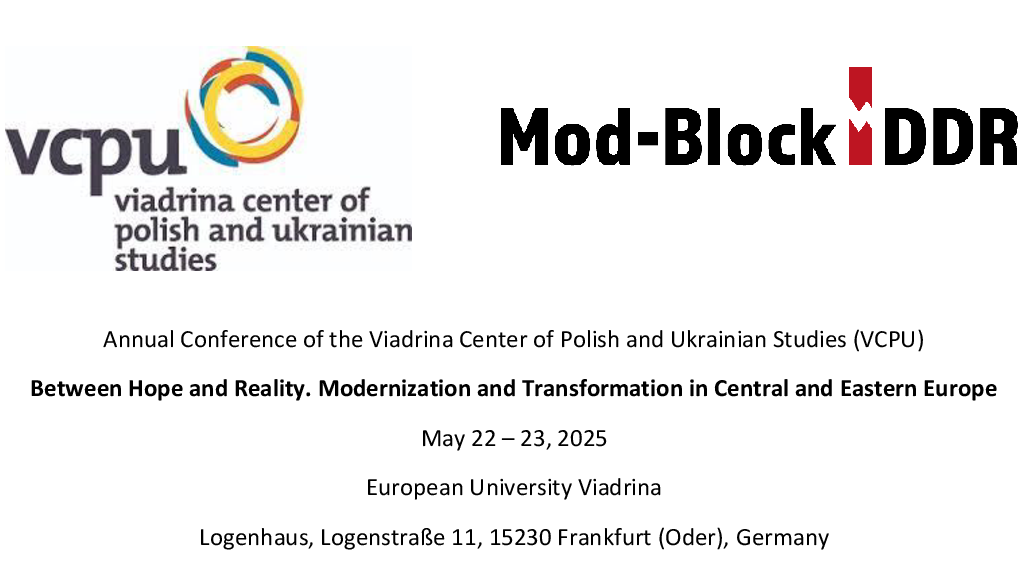
Annual Conference of the Viadrina Center of Polish and Ukrainian Studies (VCPU)
The Annual Conference of the Viadrina Center of Polish and Ukrainian Studies (VCPU) will take place from 22-23 May 2025 at the European University in Frankfurt/Oder. The theme is "Between Hope and Reality. Modernization and Transformation in Central and Eastern Europe". This conference is also the final meeting of the Mod-Block-DDR research network, which has been funded for over 6 years by the Federal Ministry of Education and Research. We are looking forward to numerous interesting contributions from the international participating researchers.
Series of Events: The Long Way from East to West? 30 Years of German Unity
In cooperation with the Research Centre for East European Studies (FSO), the Bremen team of Mod-Block-DDR is organising the series of events "The long way from East to West? 30 Years of German Unity". A rich mixture awaits you with discussion events, readings, lectures as well as film and theatre performances at various locations. The events are addressed to the interested public in order to bring research results and scientific discourses into wider society and to take up new impulses.
On 22 October 2020, for example, witnesses to German unification and experts on economic policy measures debated the successes and failures of economic and monetary union. Ine Dippmann from MDR moderated the lively online panel discussion, which you can follow online soon. You will also have the opportunity to watch Jutta Günther's presentation on 7 November 2020 on innovations in the GDR.
Other events in the series will deal with the experiences of contract workers after 1989/90, the privatisation of the GDR shipbuilding sector and entrepreneurship in structurally weak regions.
In view of the increased risk of infection with Covid-19, we have completely converted the events previously planned in presence or hybrid to online formats. More background information can be found on the homepage created particularly for the series. And if interested people should miss an event, it is - as has been made clear - not too bad: Documentations of the sessions as film or podcast will be permanently accessible there.
International ICSID workshop: “Quality of Governance and the Legacy of Socialism”
On October 25-26, 2019 the international ICSID workshop about “Quality of Governance and the Legacy of Socialism” jointly organised by the University of Bremen and Higher School of Economics Moscow (HSE) will take place in Bremen for the first time.
The working groups of Michael Rochlitz and Jutta Günther – both closely connected to Higher School of Economics Moscow – will organise the event. The workshop will take an interdisciplinary perspective on questions such as leadership, corruption, education, public opinion, and their relation to economic development in post-socialist countries. It will also give a chance to present current research about East Germany and its long way to converge with West Germany (Mod-Block-DDR project). Well known keynote speakers are invited from Kings College London (Gulnaz Sharafutdinova) and from the University of Gothenburg (Marina Nistotskaya).
ICSID is the “International Center for the Study of Institutions and Development”, led by Andrei Yakovlev (HSE Moscow) and Timothy M. Frye (Columbia University), specialising in institutional and comparative economics as well as international political science. Researchers at ICSID come from the Institute for Industrial and Market Studies (IIMS) of the National Research University Higher School of Economics Moscow and the Harriman Institute (Columbia University) as well as the University of Wisconsin-Milwaukee, Emory University, the George Washington University, and New York University Abu Dhabi.
Second Meeting of "Mod-Block-DDR"
On September 16, 2019 the consortium meeting took place at the TU Berlin. On the agenda were the presentation of the current projects, the organisation of two conferences in the jubilee year 2020 and the discussion of a new perspective on the development in the GDR and the new federal states since 1990.
At the beginning, the members of the research consortium presented the design and preliminary results of their subprojects. The questions and comments of the participants demonstrated the internal connection potential and the benefits of the interdisciplinary orientation of the research project. The constructive dialogue stimulated a deepening and expansion of cooperation between the research teams. There were also already signs of the advantages that a long-term perspective and an extension of the reference system, such as to socialist Poland, could provide for a better understanding of East German development.
Building on on this basis, the scientists discussed the questions of the kick-off meeting and discussed them in an enriching way with the other participants, including Ksenia Gonchar and the advisory board member Dr. Johannes Staemmler. They controversially discussed the scientific usefulness of the modernization concept with its multitude of definitions and references, as well as its ideal-typical and deterministic connotations. The participants noted that the development in the GDR could be regarded as one of the many paths into "modernity". The project members also shared the perspective that it makes sense to openly examine the processes in the GDR and to ask how the relationship between economy and science had functioned in the GDR. This allowed both "potentials" and "blockades" to be identified, and then the question of the significance of transformation policies in reproducing, changing and eliminating the "GDR heritage" could be examined.
In addition to organizing two conferences in Gdansk and Berlin in 2020, which will carry the debate and previous results of the research consortium in science and public, the further task of the consortium is to combine the results of the subprojects in order to enable an overall interpretation and, if necessary, re-evaluation of the "GDR" and the transformation process.
Kick-off Meeting
On December 17, 2018 the kick-off meeting of the consortium Mod-Block-DDR took place in the Faculty of Business Studies and Economics at the University of Bremen. The leaders of the seven sub projects met together with the young researchers in order to present their teams and sub project objectives. Also, the representative of the Ministry’s project agency in charge (DLR) took part in the meeting.
In the main part of the kick-off meeting, the participants discussed the basic understanding of “modernization” and “hurdles to modernization” against the background of the system break and transition in East Germany and Eastern Europe. (How) can modernisation be defined? Does it relate to a catching-up process with a reference point or a development process as such? Which role did (does) the transition period of the early 1990s play with respect to path dependency? During the discussion, the comparison between the German Democratic Republic and East Germany on the one hand and Poland on the other hand played a role, because despite the common experience of “socialism” they have in the course of transition developed some very different features, such as the entrepreneurial activity. It will be the task of the consortium to bring the sub projects’ achievements together in a way that they will allow for a common interdisciplinary understanding of modernization and possibly even a new interpretation of what has been reached in East Germany until today.




